On 11th July 2020, the Police Public Partnership an initiative by Center for Women Policy Research (CWPR) project was launched with the auspicious blessing of Sri Anil Aggrawal, Member of Parliament (Rajya Shabha), Srimati Vimla Batham, President, Uttar Pradesh Mahila Aayog, Sri Vinod Shukla, National President, Pt. Deendayal Upadhayay Smriti Manch (PDUSM), Sri Indu Prakash Singh, Gender Activist & Facilitator at City Makers Mission International. Important stakeholders such as District Magistrate office Ghaziabad and local police stations in Ghaziabad were also roped in to bring this initiative at the local/neighbourhood level. Further scaling up the initiative at all India level will be led by CWPR with PDUSM.
About Initiative
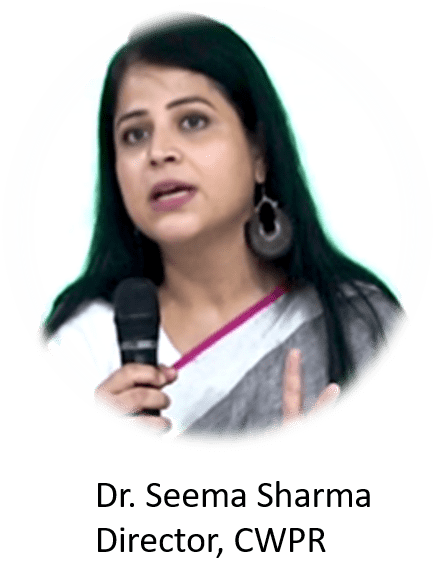
As per Dr. Seema Sharma (Founding Director CWPR), Police Public Partnership (PPP) is an initiative by CWPR to realise synergies between police personnel and community in Ghaziabad to promote neighbourhood resilience and effective local governance. CWPR under the aegis of Advait.World uses Gender, Age and Disability (GAD) as a lens to assess various initiatives done at the level of a neighbourhood.
India has to become ‘Atma Nirbhar’, CWPR also strives to make various neighbourhoods across our nation self reliant and resilient. CWPR is of course devoted to issues for women, while focusing efforts at the grassroots, where help is most needed. The primary focus of the first consultation round was on issues related to Domestic Violence.
Outcomes
The participants in the webinar and otherwise have come to two important discussion outcomes –
1. First responders: who try to intervene in cases of Domestic Violence should be granted protection like the Good Samaritan aspects present in cases of road accidents. A committee will be formed to take this effort forward. More granular workshops will be held in Ghaziabad. the effort will be replicated in other parts of India with the help of CWPR and PDUSM. Dr. Seema Sharma Founding Executive Director, CWPR, and Fellow PDUSM will lead the effort going forward.
(Exerts from: https://morth.nic.in/good-samaritan)
- Who is Good Samaritan or here a First Responder? A Good Samaritan is a person who, in good faith, without expectation of payment or reward and without any duty of care or special relationship, voluntarily comes forward to administer immediate assistance or emergency care to a person injured in an accident, or crash, or emergency medical condition, or emergency situation.
- What is Good Samaritan Law? The Good Samaritan Law allows a person, without expectation of payment or reward and without any duty of care or special relationship, voluntarily come forward to administer immediate assistance or emergency care to a person injured in an accident, or crash, or emergency medical condition. Good Samaritan Law protects Good Samaritans from harassment on the actions being taken by them to save the life of the road accident victims.
- Why the need for Good Samaritan law? India is an unfortunate victim of a large number of road crash fatalities. Three out of four people in the country are hesitant to help injured accident victims on roads due to fear of police harassment, detention at hospitals, and prolonged legal formalities. Even if someone wants to help, these factors stop them from doing so.
- How did India get a Good Samaritan Law? In the last ten years, road crashes have killed over 13 lakh people in India. According to the Law Commission of India, 50% of these victims died of preventable injuries and could have been saved if they had received care on time. The role of the bystander is critical in providing emergency care to the victim. Yet, in India, bystanders have been hesitant to help the injured for fear of legal repercussions and procedural hassles. In 2012, a Public Interest Litigation (PIL) was filed in the Supreme Court of India, requesting the Hon’ble court to safeguard Good Samaritans who come forward to help the injured.
2. A virtual Communication Skills and Career Counselling workshop for Children of Police Families in Ghaziabad will be conducted by CWPR and PDUSM. Dr. Seema Sharma Founding Executive Director, CWPR, and Fellow PDUSM and Dr. Arnab Bose, Fellow, O.P Jindal Global University and Fellow, PDUSM have conducted such workshops in the past for Delhi Police, and will lead this proposed workshop.
3. Also, workshops will be taken to the grassroots using neighbourhood resilience approaches in Ghaziabad educating women on aspects of Gender Law and Justice.
Questions Raised during the workshop
Below is the list of questions raised during the discussion on which CWPR is working and will come up with the detailed answer/implementation strategy—
Legal:
- Civil case vs. Criminal case
- Invoking legal action is a threat, warning or something else
Policing:
- Status of First Responder protection
- Safe place, and interpretation
- What legal or any other remedy is there to prevent violent attack
Other:
- Mental health, perpetrator has no further role in child custody

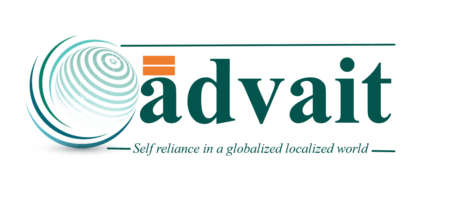
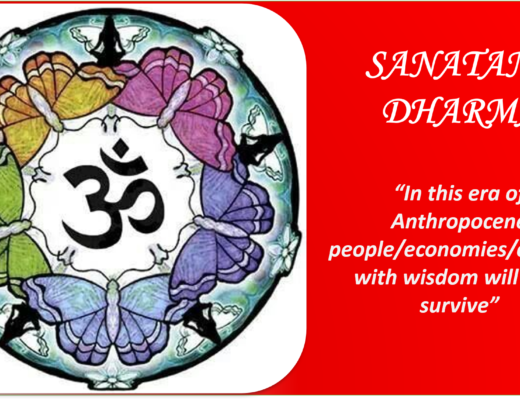
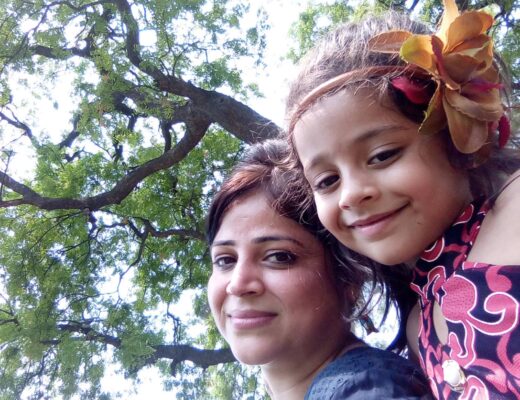
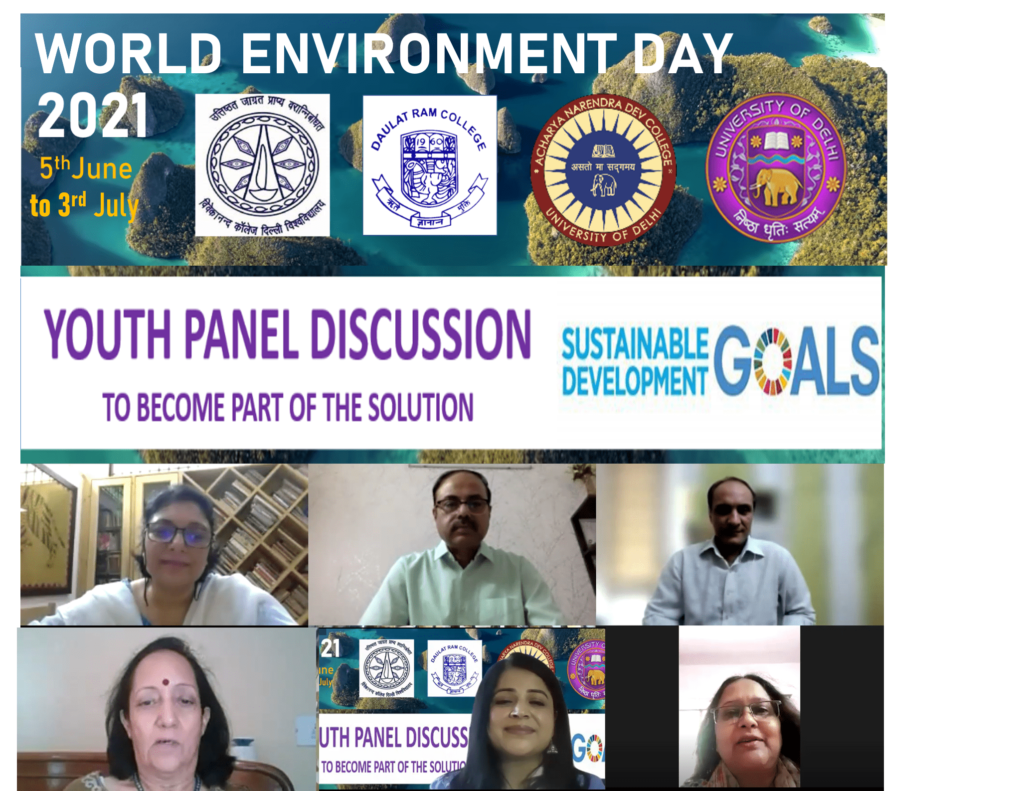
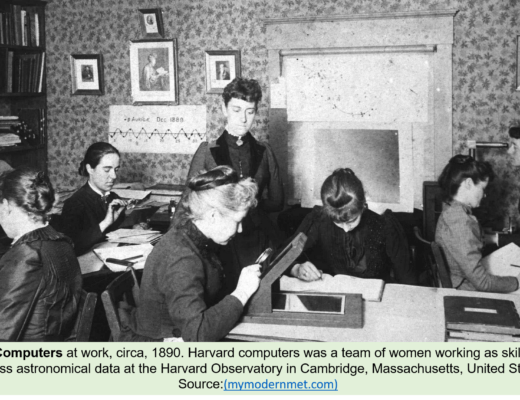

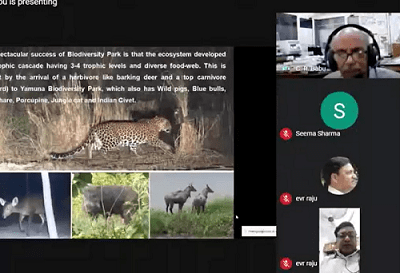
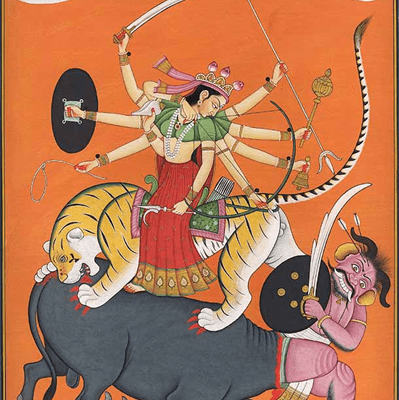
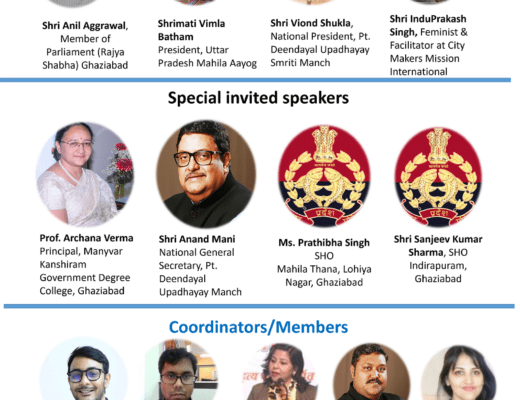
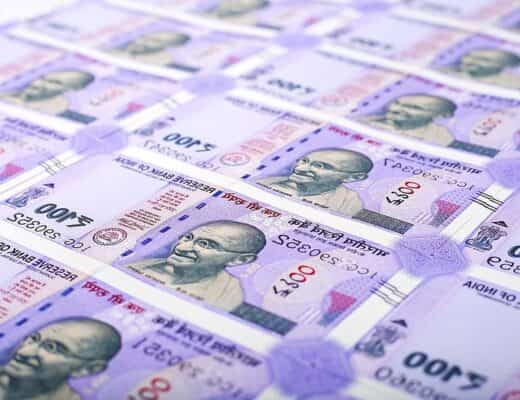
1 Comment
Islam as a Tool to Puncture the Social Set-up and Remove the Democracy · advait.world
September 1, 2021 at 7:25 pm[…] To work on Domestic Violence at grass root level Police Public Partnership Project was launched in G… […]